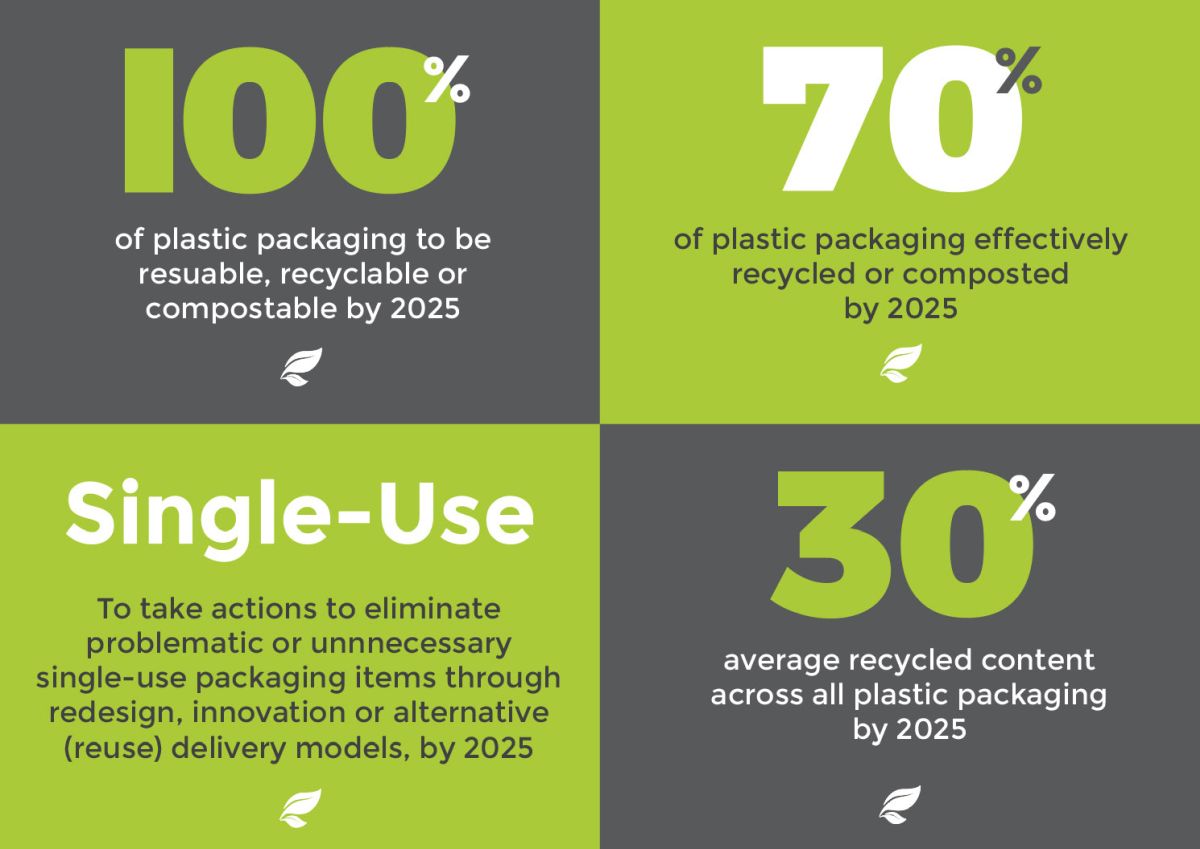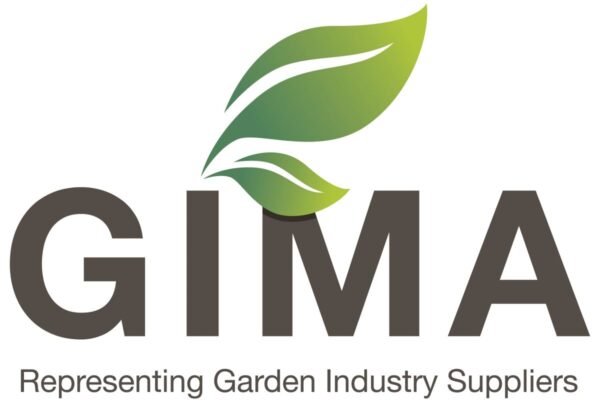A recent survey of GIMA has members revealed the challenges faced by companies preparing for new packaging legislation over the next two years.
The Extended Producer Responsibility Regulations (EPR) and Plastic Packaging Tax will both impact garden products business and potentially drive significant costs through increased administration and levies, not to mention the possibility of fines for non-compliance.
Members participating in the survey helped GIMA to formulate an industry response to the current government consultation process that will ultimately finalise and define the introduction of EPR. The GIMA response highlighted circumstances specific to garden products that could unfairly penalise our industry. It also warned against the complexity that could result from different approaches in the devolved authorities as well as arguing for the need for more time for businesses to react and prepare for the new legislation.
GIMA expect government to respond to the consultation process by the autumn and the new legislation is expected to come into effect from the end of this year. The Plastic Packaging Tax is due to come into effect on 1 April 2022.
Preparing for the changes, GIMA has hosted a series of webinars to support members through the changes and help them prepare their businesses to meet the new legislation. The programme is part of the wider GIMA Plastic Packaging Pledge* which has set a range of targets designed to make the entire sector more sustainable as well as meeting the requirements of EPR and the Plastic Packaging Tax.
Commenting on the potential impact, GIMA Director, Vicky Nuttall, said “More than 20% of our members are worried that they may not be ready to meet the requirement of the new legislation by the deadline in early 2022. We’ve gathered together a range of industry experts and support services to help our members navigate their way through the changes.”
ENDS
*The GIMA Plastic Packaging Pledge states that by 2025 member companies will
• Remove identified ‘problem plastics’
• Eliminate unnecessary plastic packaging
• 100% plastic packaging reusable, recyclable or compostable
• 70% of plastic packaging to be effectively recycled or composted
• 30% average recycled content across all plastic packaging


















